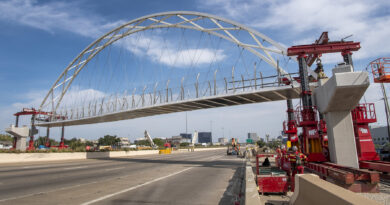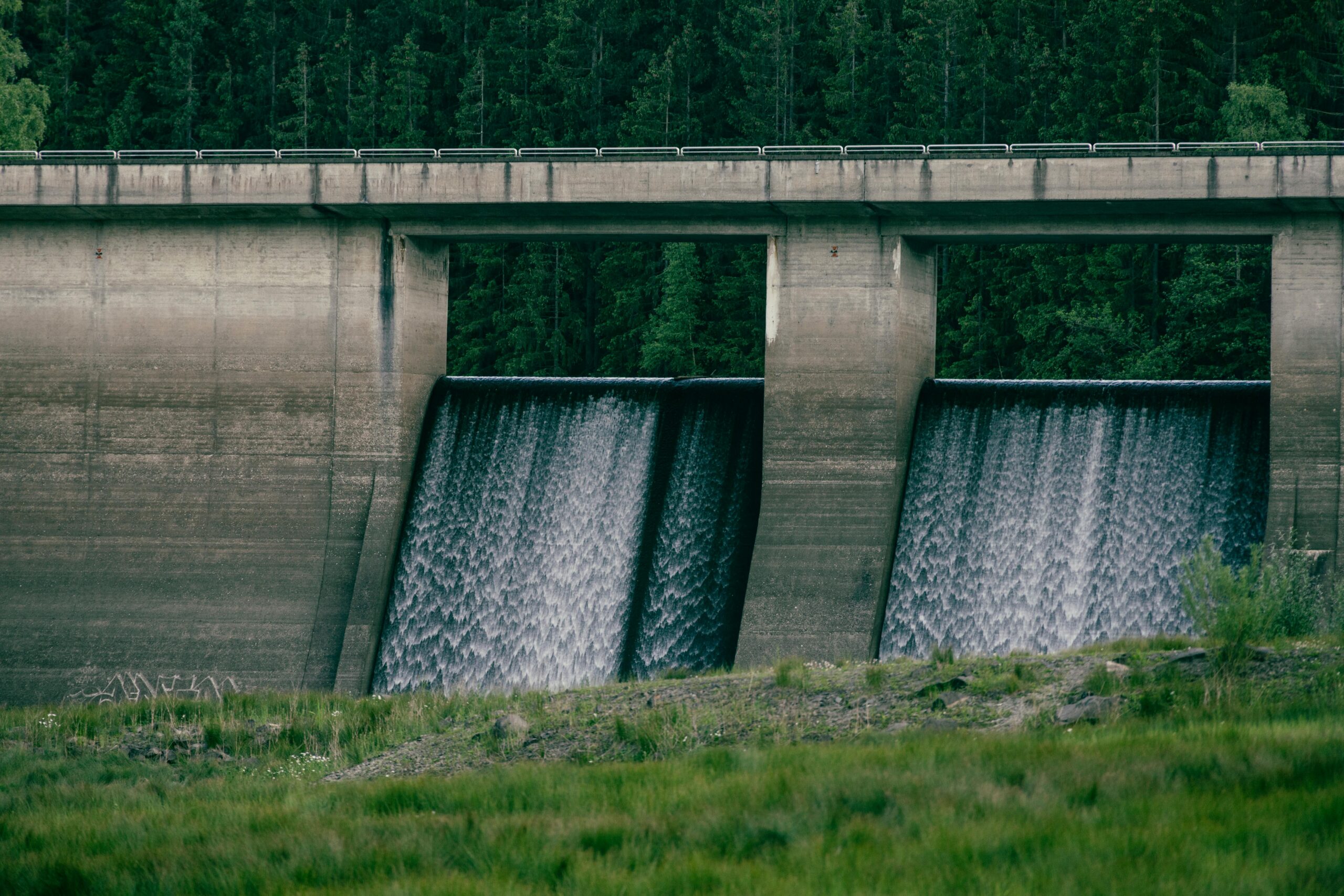How Chicago DWM Faces Flooding
Climate change is a problem levying a heavy tax on Chicago’s sewer infrastructure.
We are experiencing more 100-year storms now than ever before and no part of our city has been unaffected by their toll. People can debate the “how” and “why” of climate change but we at the Department of Water Management (DWM) can only deal in the reality of it.
These intense, compressed downpours challenge a City’s sewer system that was mostly installed a century ago. That system was not built to handle the sort of rain we are getting now. And we are trying to deal with modern flooding using a system from a bygone era.
Flooding puts a tremendous stress on the City, our residents and this department. It also puts a huge stress on the Metropolitan Water Reclamation District (MWRD) of Greater Chicago which is the primary agency for flooding prevention in Cook County as well as Chicago. They were born out of a need for sewer relief as it related to disease because sewer water was being dumped in our water source. But little did they know in 1868 that they would be our partner in the fight against flooding. Most people don’t know that MWRD and DWM exist separately. That is something we will continue to educate our residents on. Not to provide any excuse but to simply provide context.
If we are all serious about mitigating the harm of flooding in our City, we must fully understand the problem and the system built to deal with it before we can fix it. Flooding is a complex issue that requires a thoughtful and nuanced response. DWM will not be passive in our mission to ease flooding concerns.We remain committed to face the challenge of thinking outside the box and being innovative when it comes to flood mitigation and improving our infrastructure. We are currently piloting different strategies to alleviate the burden on the system when these inevitable downpours hit us again. And they will hit us again.
We are prioritizing sewer grid cleaning as a maintenance measure to ensure proper functioning of the sewer system. This reduces the risk of blockages and backups within the sewer system. In the South Side neighborhood of Chatham, we are piloting a downspout disconnection program with rain gardens and “green solutions” to absorb water use for irrigation. We will soon break ground on a Wing Storage Pilot to install underground storage tanks on perpendicular streets in flood-prone areas to temporarily contain backflow from burdened sewers and keep it from resident’s basements. Long-term regional solutions include the Area 4 Tunnel project which includes the construction of a 9.7-mile-long, 20-foot-diameter deep rock tunnel to direct the surplus rainwater and sanitary surcharge to the MWRD tunnel system. DWM is moving into the next phase of the design and sourcing funding for this massive project.
The bottom line is we remain committed to addressing flooding in our City. When it pours, our department is inundated with complaints and service requests. We share in the pain of fellow residents who experience flooding on their streets and especially flooding in their basements. When it comes to the flooding itself it’s a binary option: The water can stay on the street until it can safely enter our sewer system, or it can fill a basement.
Whenever it pours, we get many complaints about the amount of water on the streets. We try to modulate how quickly water enters the sewer system so try to remember that water on the street is water that is not in your basement.
We urge our residents to do their part during a storm with the following to help keep water out of basements. This includes disconnecting downspout connections from the sewer system, clearing the area around downspouts to allow water to flow freely away from foundation, clearing drains and sewers of debris and snow to allow drainage. There are also key things to avoid like running a dishwasher or washing machine during storms and dumping fats, oils or greases in private drains or public catch basins. We also advise the installation of rain gardens, green landscaping, or stormwater trees to help retain rainwater.
We at DWM are tasked to look out for the community of Chicago. We will continue to fight the fight against urban flooding every day.
By Randy Conner. Randy Conner is the Commissioner of the Chicago Department of Water Management. He can be reached at Randy.Conner@cityofchicago.org
This article appears in our October Issue,




